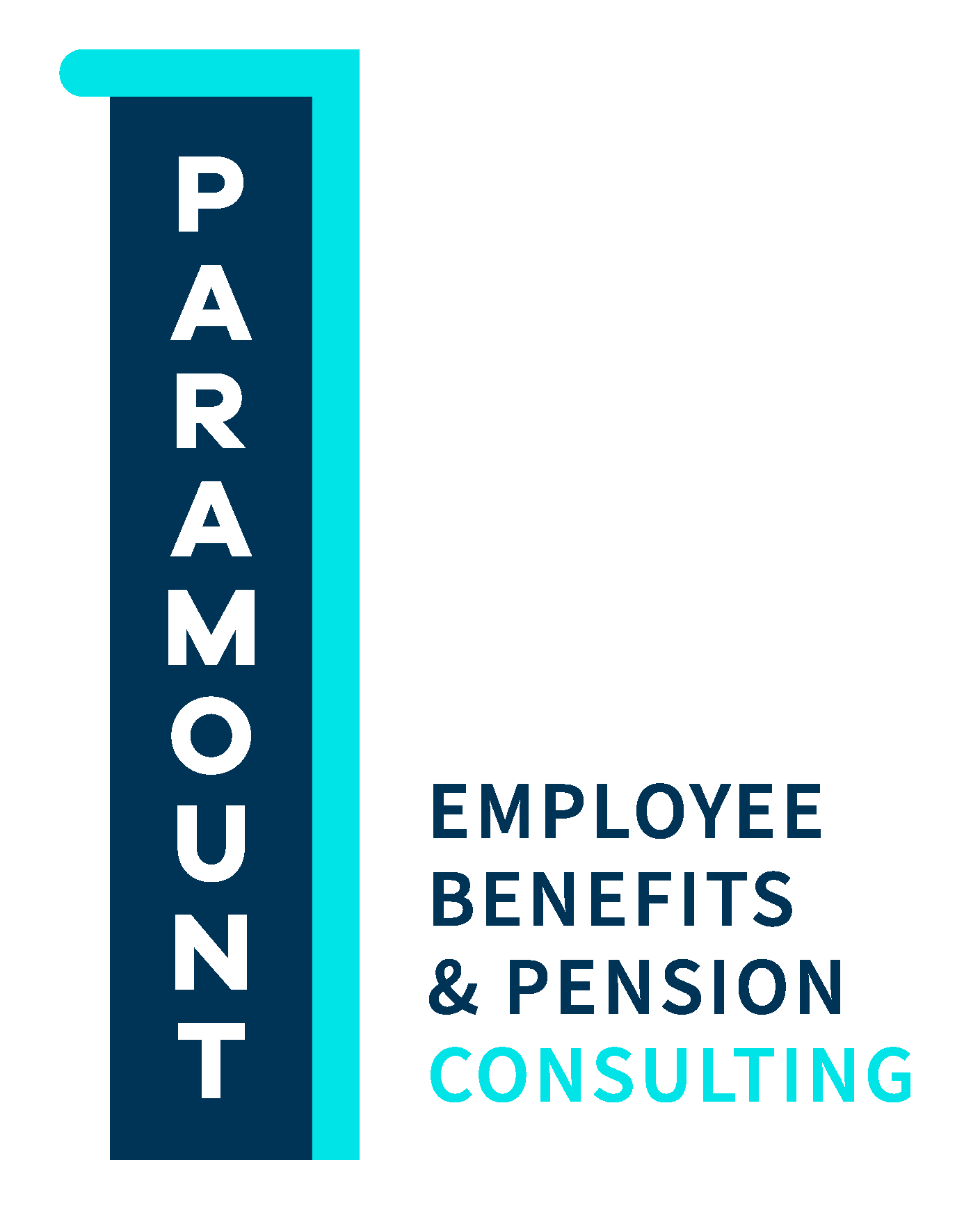
The Canada Pension Plan (CPP) is a mandatory pension program in Canada that provides a basic level of earnings replacement to eligible workers in retirement, in case of disability, or upon death. It is one of Canada’s public retirement income systems, along with the Old Age Security (OAS) program.
CPP is a staple of the Canadian workplace. It is administered by the federal government in partnership with provincial and territorial governments. The program is governed by the Canada Pension Plan Investment Board (CPPIB), which manages the investment of CPP funds. The CPP is funded through mandatory contributions from eligible employees and employers. A portion of an employee’s earnings is deducted, matched by the employer, and contributed to the CPP. It is integrated with other retirement benefits, including the Old Age Security (OAS) and private pension plans.
The CPP is designed to replace a portion of an individual’s pre-retirement earnings, aiming to ensure a basic level of income after retirement. It also provides disability benefits to eligible contributors who are unable to work at any job regularly due to a disability. This benefit is intended to provide financial assistance to disabled individuals and their families. In the event of a contributor’s death, the CPP provides survivor’s benefits to the contributor’s spouse or common-law partner and dependent children.
Alberta has explored the possibility of exiting the CPP and creating a similar program for Albertans. Quebec has done this already, and has operated the QPP since 1965. Things got serious last week when the Alberta government released a long-awaited report on the possibility, claiming the province is entitled to a staggering $334-billion asset transfer from the Canada Pension Plan in 2027 were they to leave. This would account for 53% of the assets in the entire plan.
There are a number of reasons why Alberta is motivated to make this move. The province is frustrated with the perceived disproportionate contributions it makes to national programs. Research by the Fraser Institute suggests that Albertans contribute significantly more to the CPP than they receive in benefits. Advocates of the move argue for financial autonomy and reduced contribution rates under an APP.
CPP has a high cost of administration, which has led some to believe that an APP could save Albertans money by lowering contribution amounts and still offering the same benefits. It’s not small amount either, some reports have suggested APP could cost Albertans up to 40% less. Running a provincial pension would also mean Alberta would have the flexibility to determine where and how to invest pension funds. They could potentially allocate money in ways, for example to fossil fuel investment, in ways that might not be palatable to the Federal govt. An independent pension plan might enhance Alberta’s appeal to businesses. The ability to invest flexibly and potentially lower contribution costs could make for an attractive carrot for businesses considering relocating to Alberta.
Whatever the outcome it’s not going to be resolved tomorrow. In order for Alberta to exit the CPP, it must issue written notification of its intention to withdraw and develop legislation to create an independent Alberta pension plan. Subsequently, the province must commence accepting contributions starting from the third year after the notification and ensure that the benefits offered are on par with those of the CPP.
If Alberta does leave it would radically change the national landscape for both employers and employees. What CPP might look like without Alberta, and what it would mean for employers in the rest of country is hard to say. For employees, a 40% reduction in cost, combined with Alberta’s lower taxes and cost of living might get even more Canadians thinking about relocating out West, this could force employers elsewhere to get even more creative with salaries and benefits to recruit top talent nationally.
Unfortunately for all us, CPP is easily the worst investment you will ever make in your life, and none of us should be forced to participate in it. According to the Fraser Institute, real rates of return for those targeting retirement in 2037 has dropped to 2.1%. To put that in perspective, that means if the Bank of Canada hits its inflation target of 2% you have not grown your money at all. You could easily get more for yourself simply buying GICs. However the Bank of Canada is unlikely to get inflation anywhere near 2% which will mean your contribution to CPP is most likely a guaranteed net loss.
While none of us have the individual option to exit CPP, you may have the option to move to Alberta in the near future to do so. This is a huge issue which could have national implications for both employers and employees alike.
